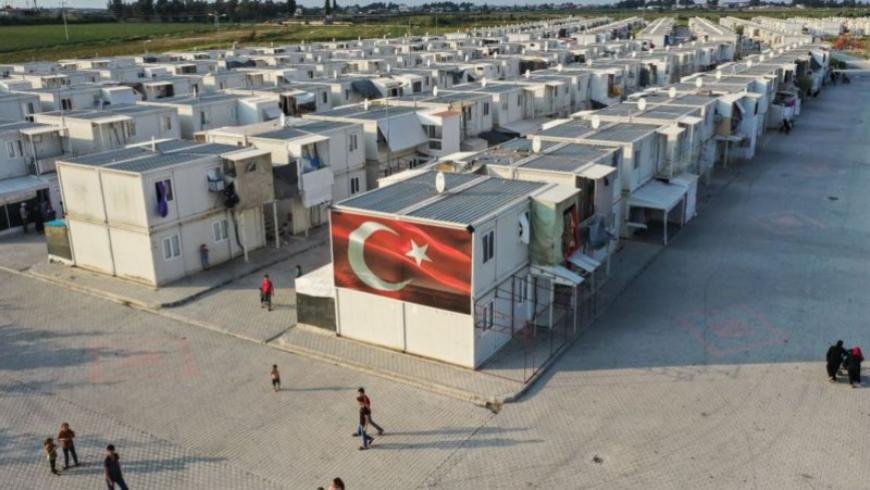As new reports of massacres and famine emerge from the conflict in Sudan, Egypt seems poised to adopt a new asylum law that will threaten access to protection for those desperately fleeing the conflict while enabling their detention and refoulement without consideration of individual needs. […]
Refugee Detention
Türkiye: Growing International Pressure to End EU-Financed Harmful and Arbitrary Immigration Detention Practices
A consortium of European media outlets working in collaboration with Lighthouse Reports have released a series of reports revealing the abuses refugees and other migrants face in EU-financed detention centres in Türkiye. The reports follow on numerous recommendations issued by UN human rights bodies earlier this year, which included inputs from the Global Detention Project […]

BOTSWANA: Submission to the UN Working Group on Arbitrary Detention
Botswana has both administrative migration-related detention measures, including for the detention of refugees, as well as criminal penalties that can include lengthy imprisonment for migration offenses. These measures violate norms promoted by the Working Group, which says that migration infractions must not be subject to criminal penalties and there should be a prohibition on the detention of refugees, asylum seekers, and children. […]

Joint Submission to the European Committee for the Prevention of Torture in Preparation for its Visit to Poland
The submission highlights concerns regarding Poland’s discriminatory detention practices of non-Ukrainian refugees, inhuman and degrading conditions in “Guarded Centres for Foreigners,” abuses of non-citizens on the border with Belarus, and the country’s increasing detention of children for migration purposes. […]

THE UKRAINE CRISIS Double Standards: Has Europe’s Response to Refugees Changed?
Global Detention Project, 2 March 2022 During the 2015 refugee “crisis,” the EU called for detaining arriving refugees for up to 18 months. Not so today in the wake of Russia’s invasion of Ukraine. The reasons for this difference point to an intractable challenge in Europe’s ability to embrace the international refugee protection regime. […]

Afghanistan Situation Report
The evacuation of foreign militaries from Afghanistan is spurring a new refugee exodus. This “Situation Report” provides an overview of early responses to the crisis in key countries across the globe as well as a summary of recommendations from human rights monitors. […]




